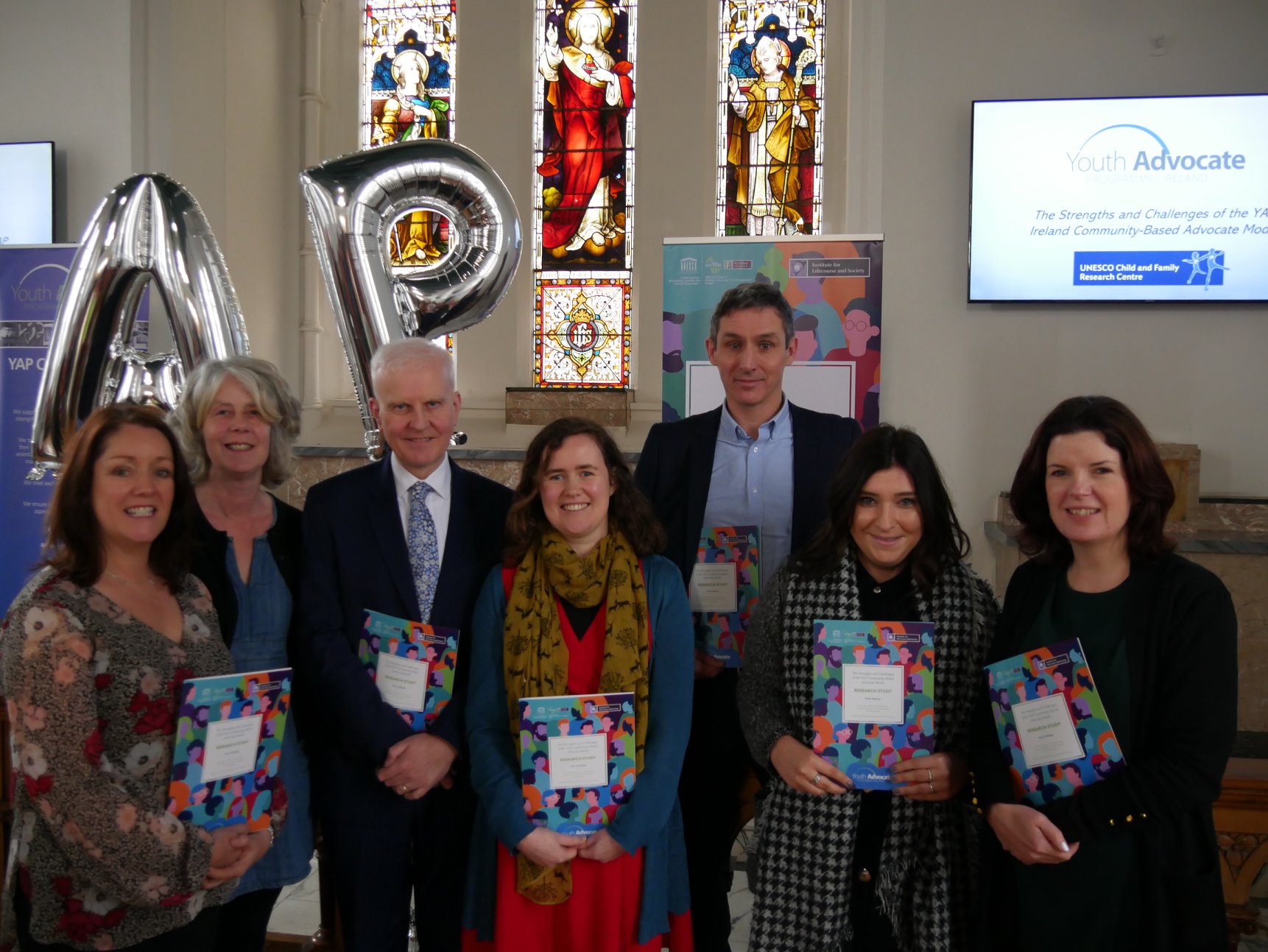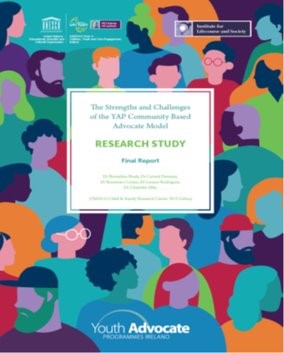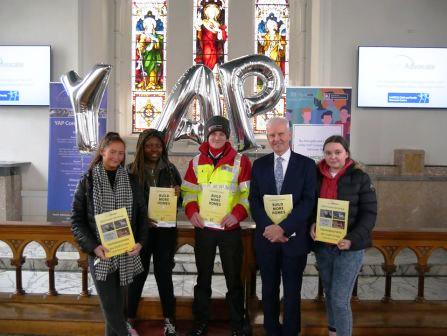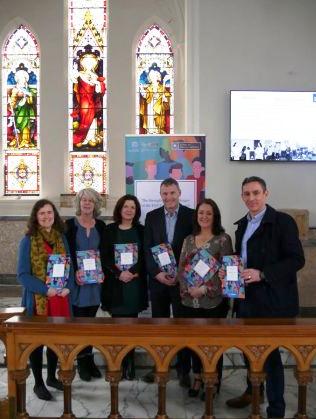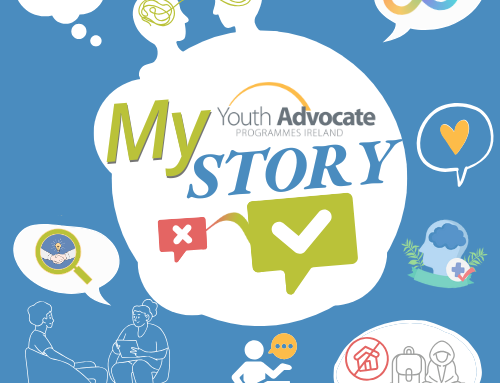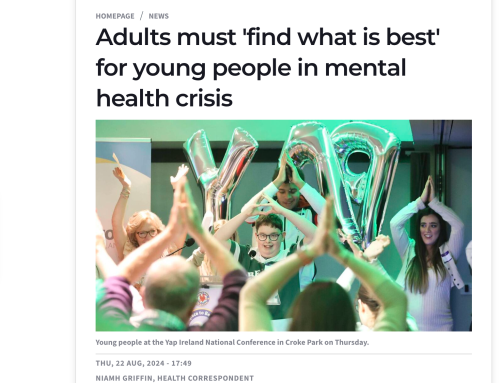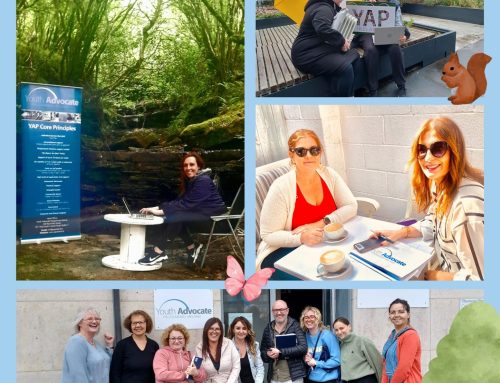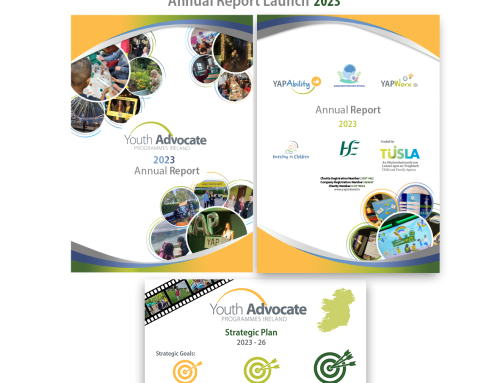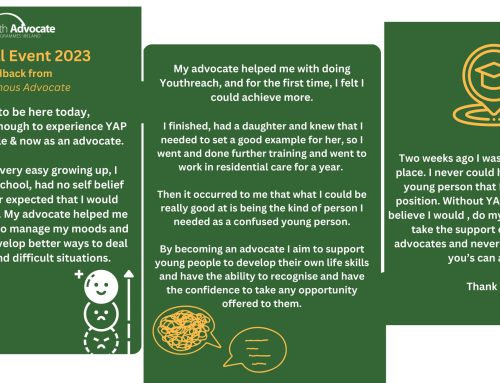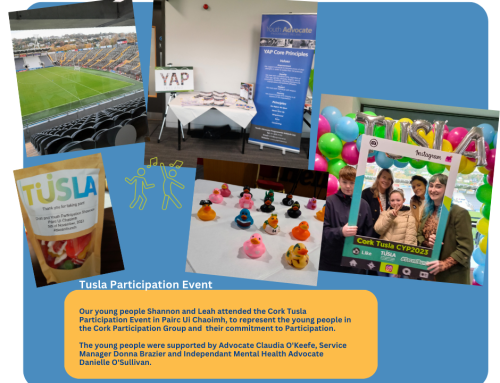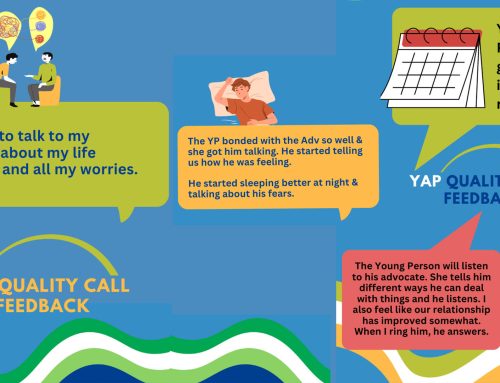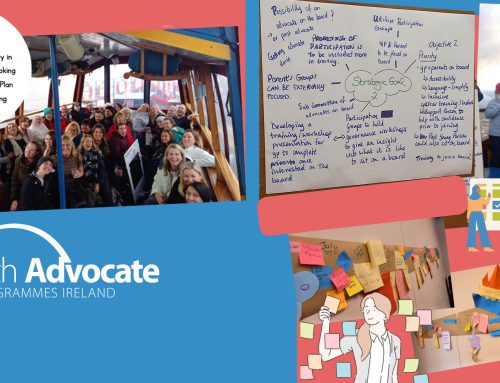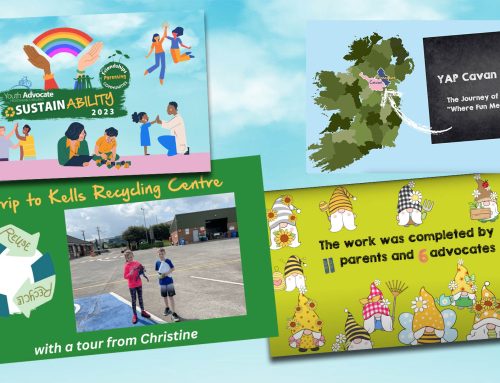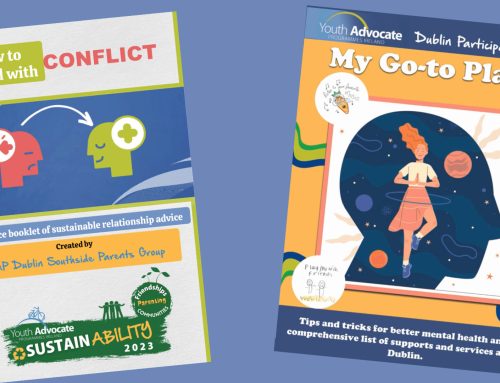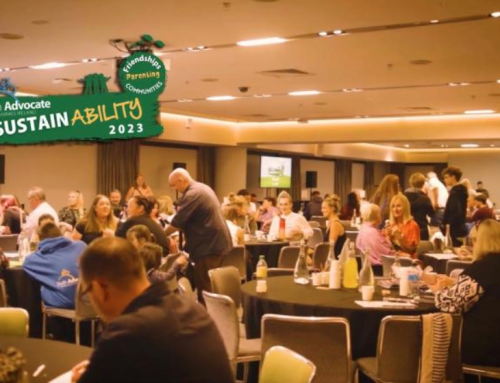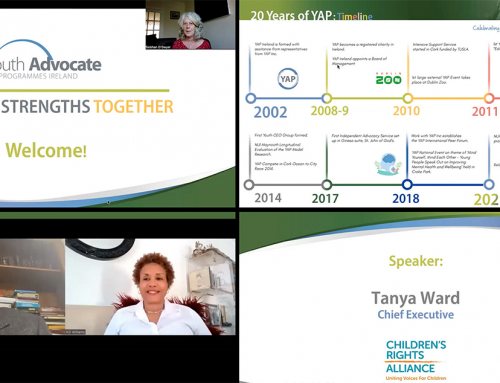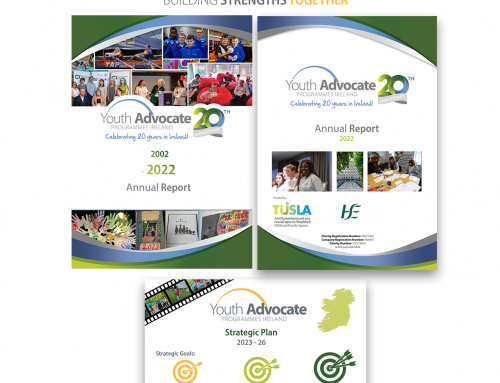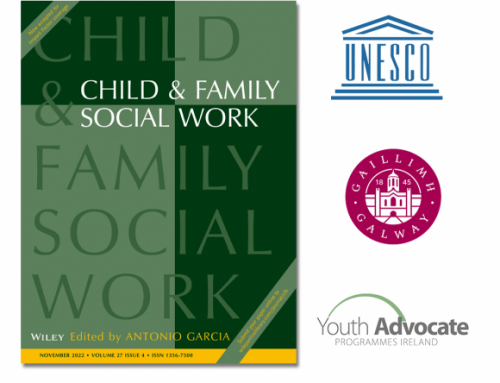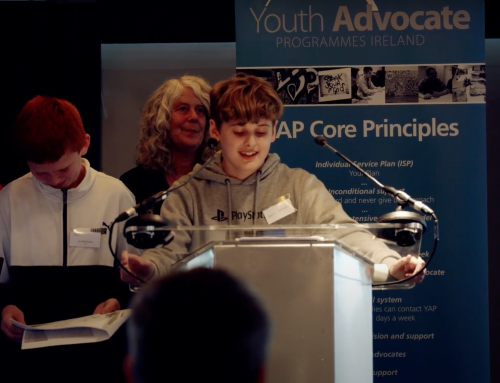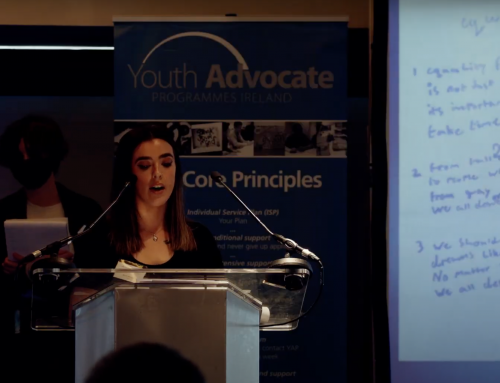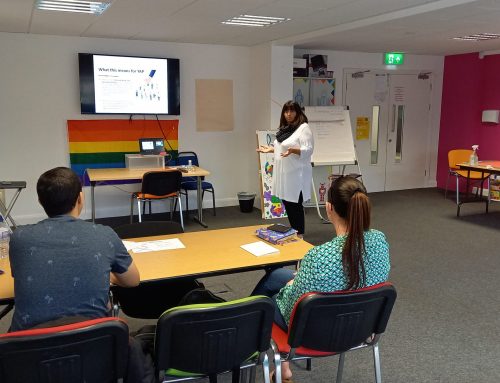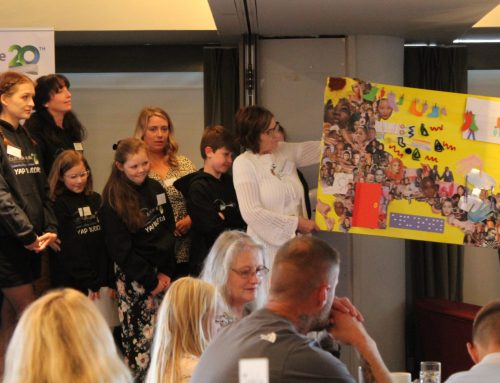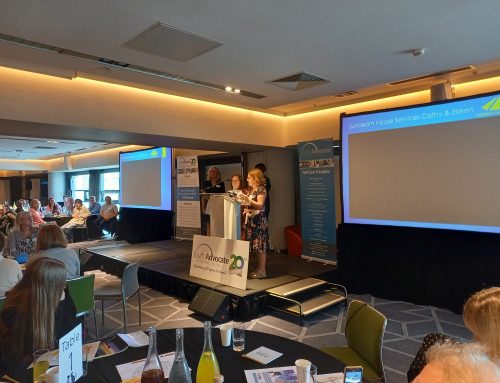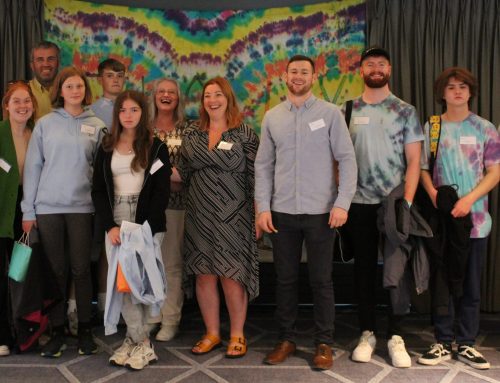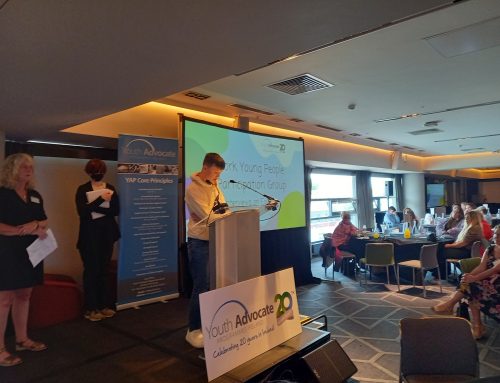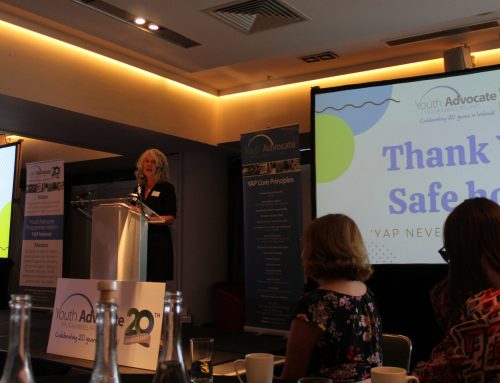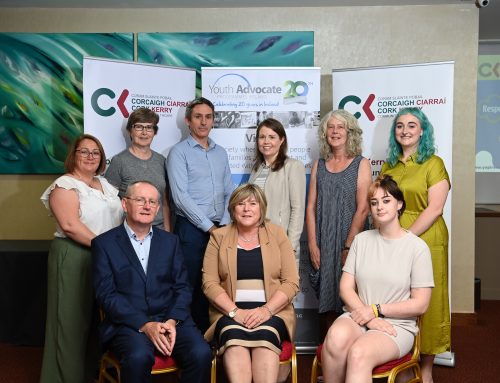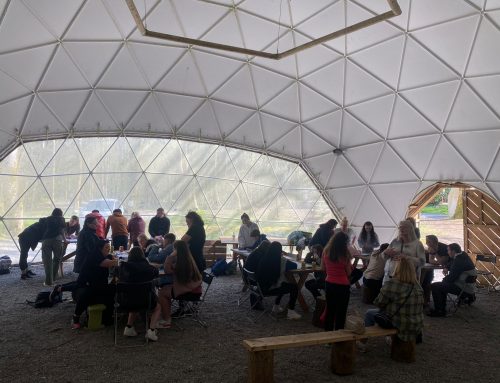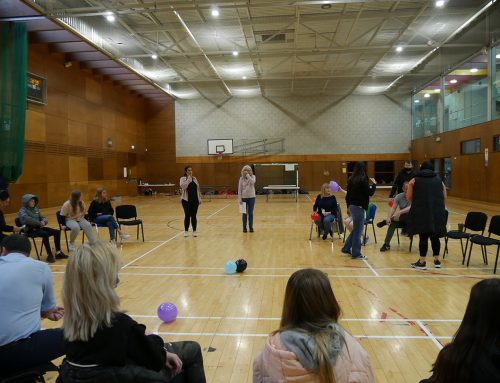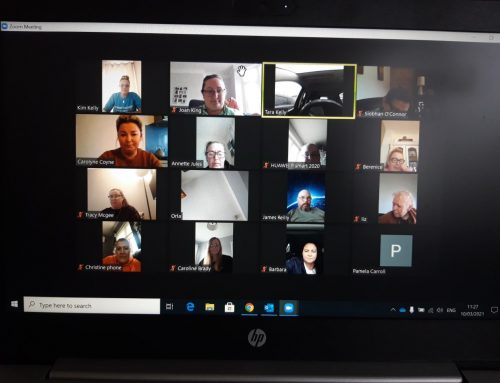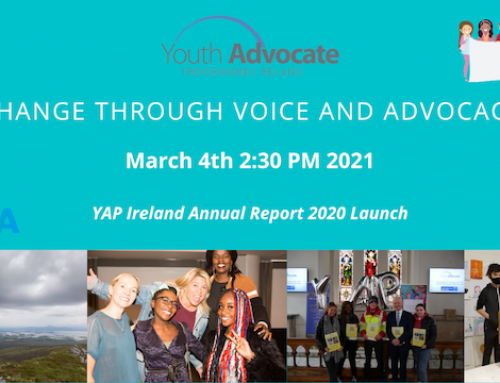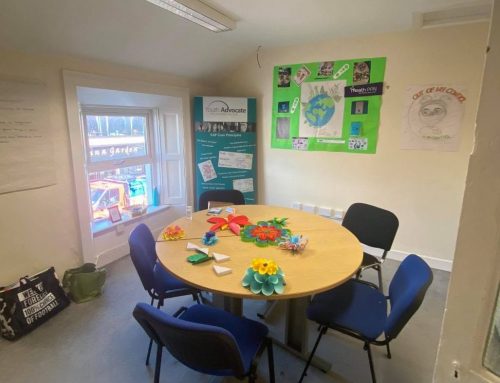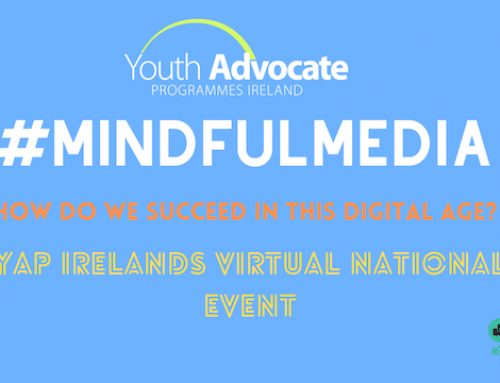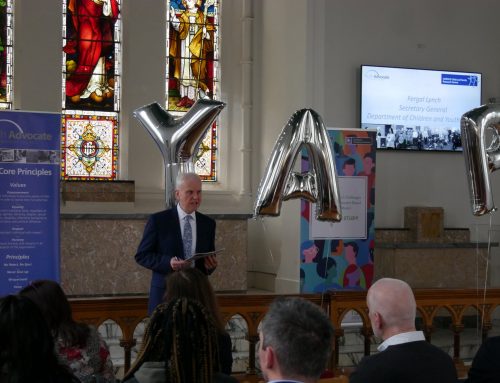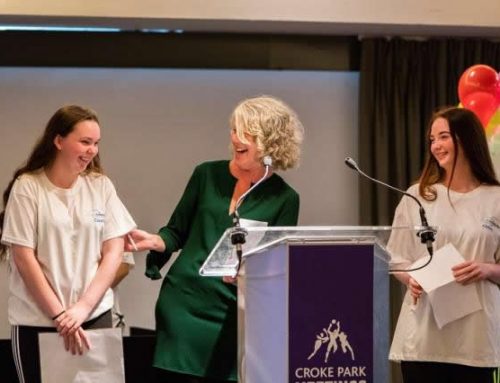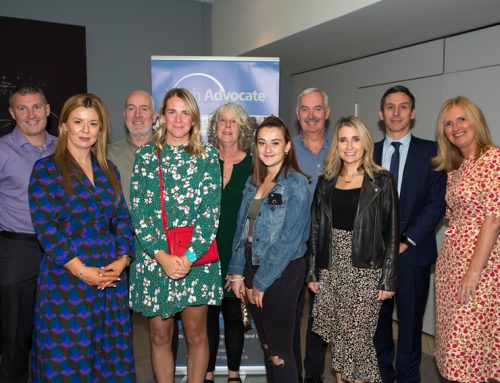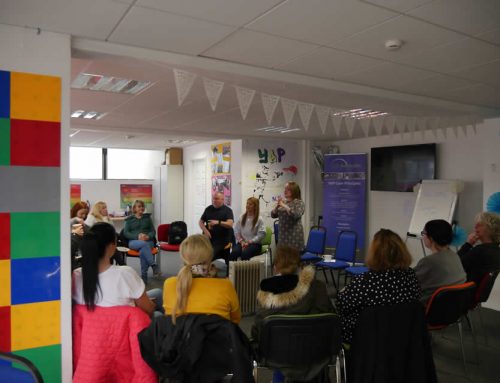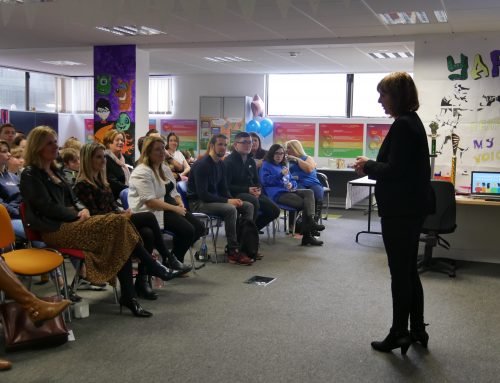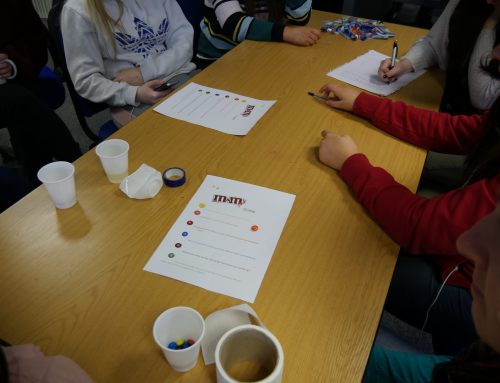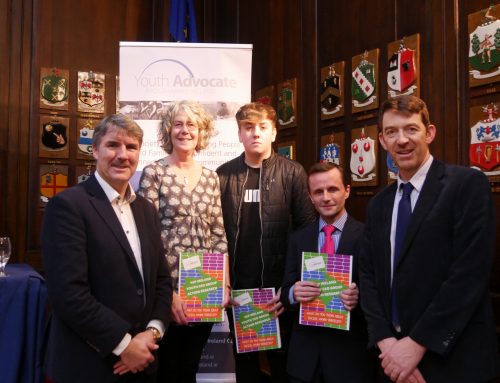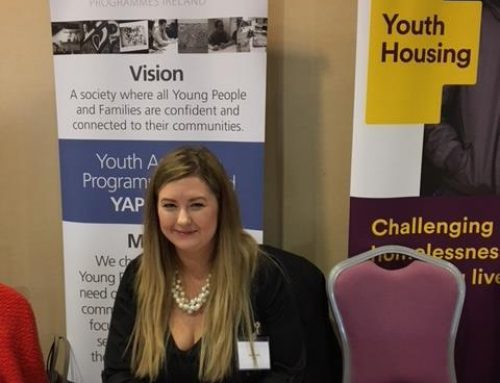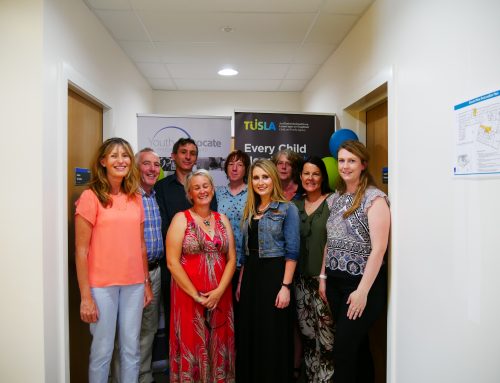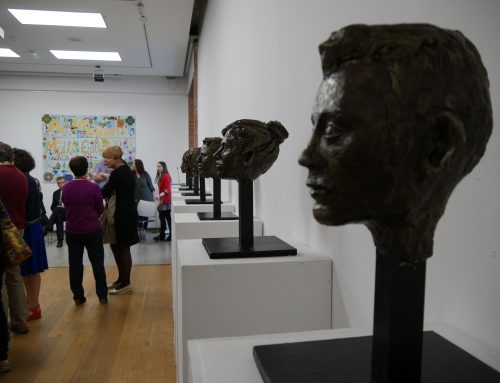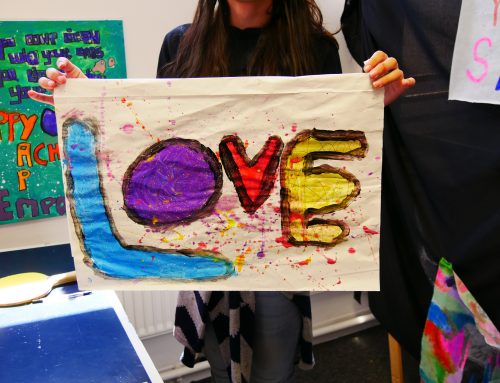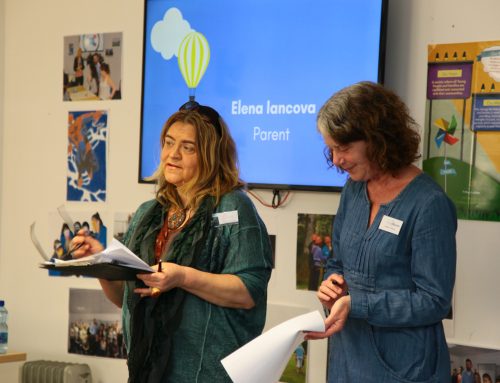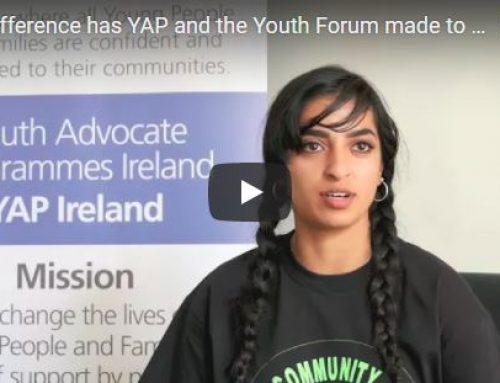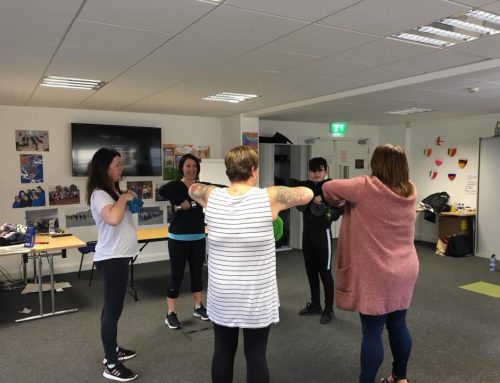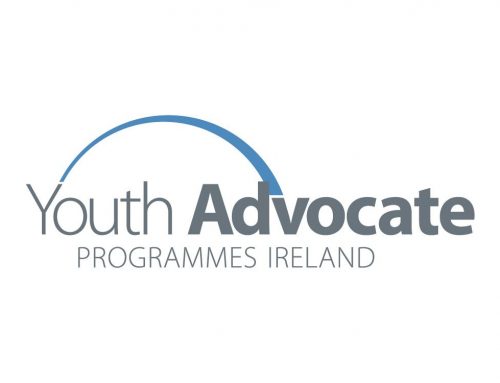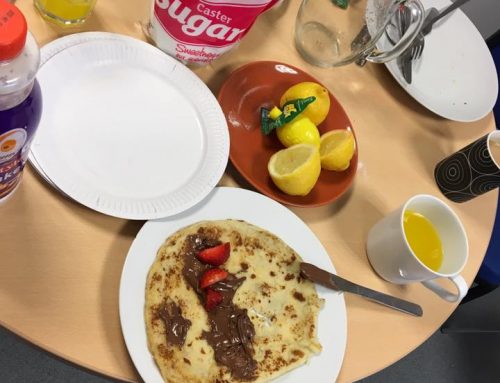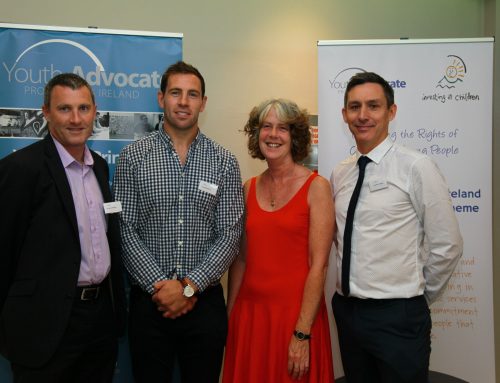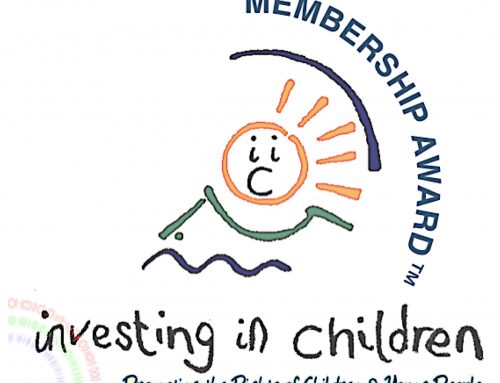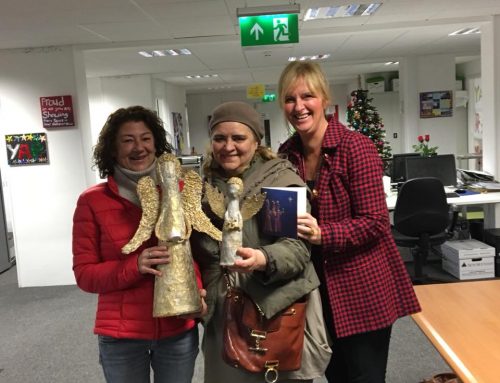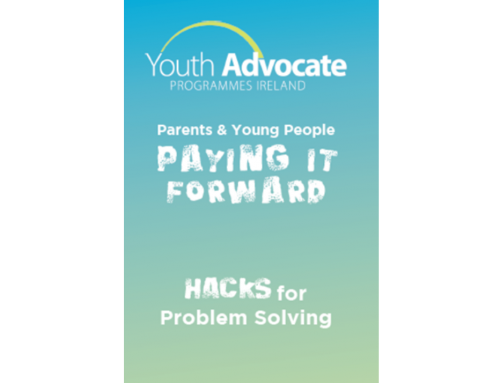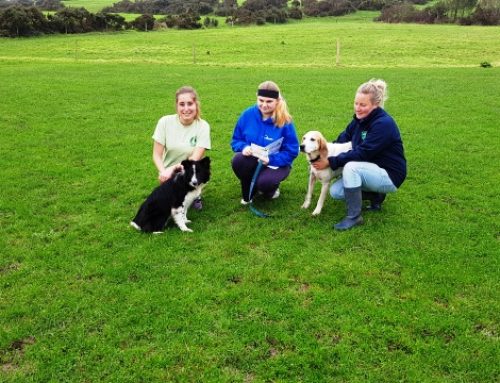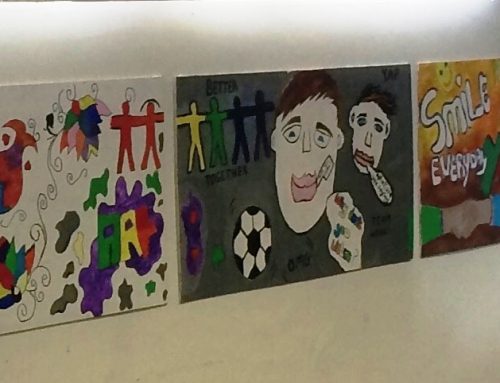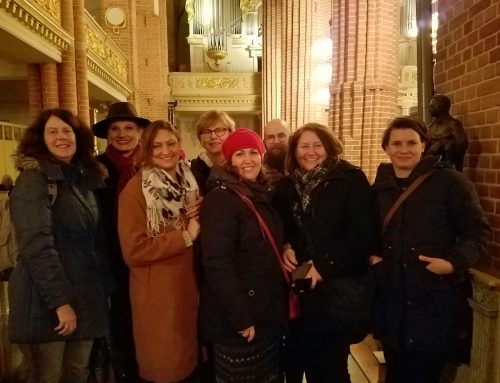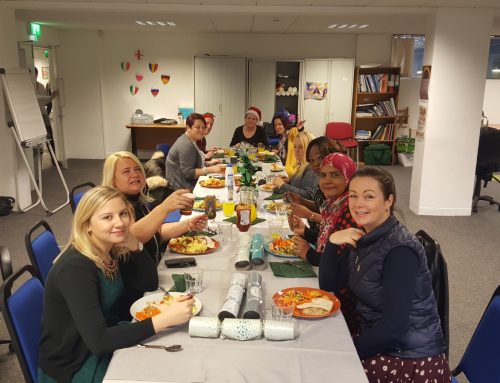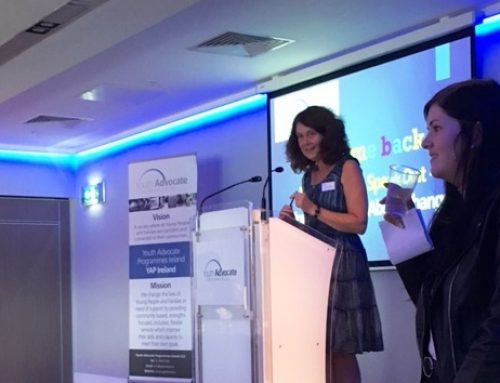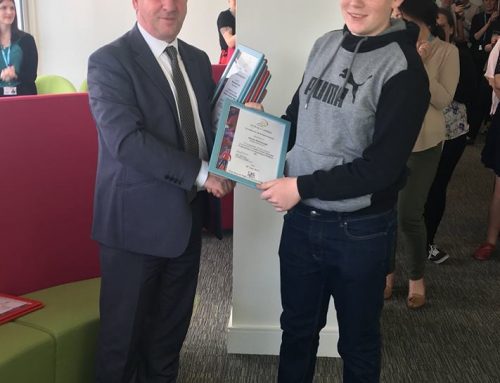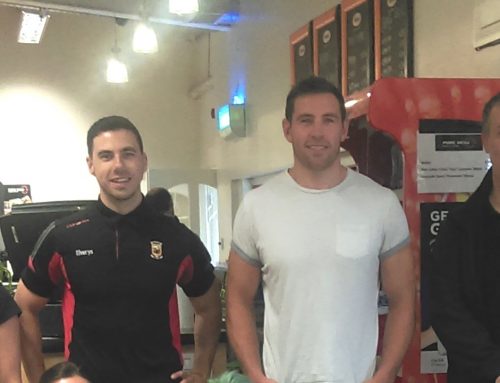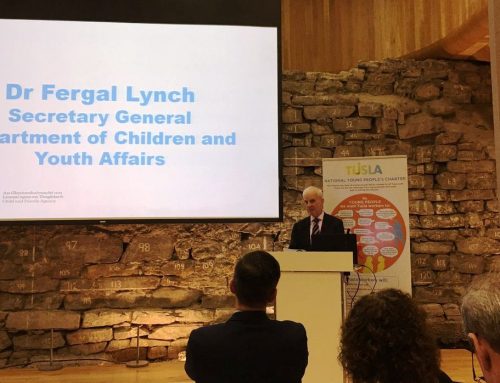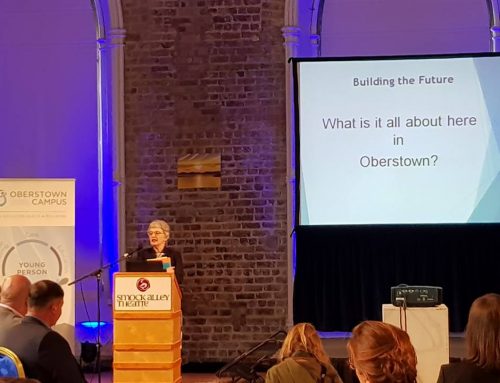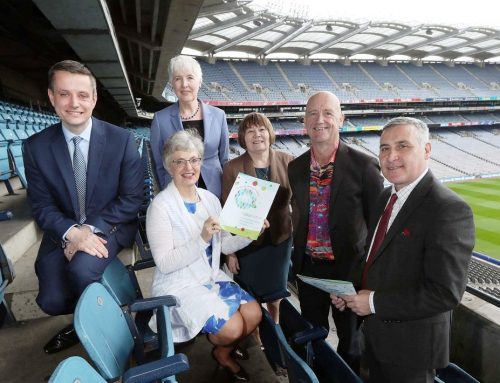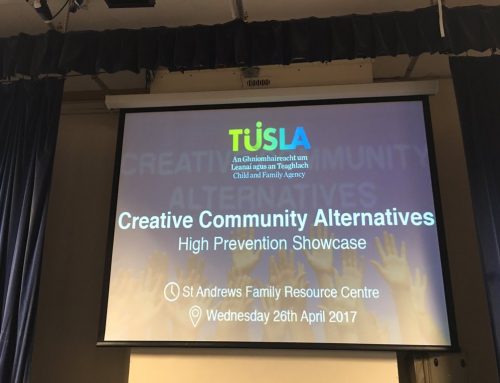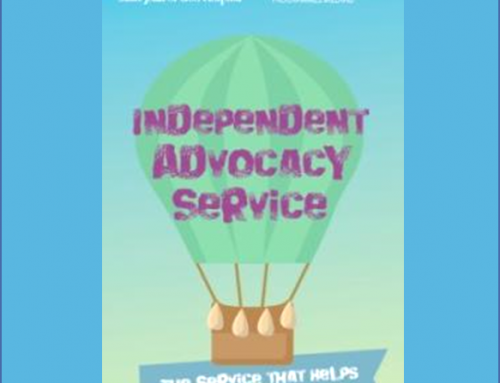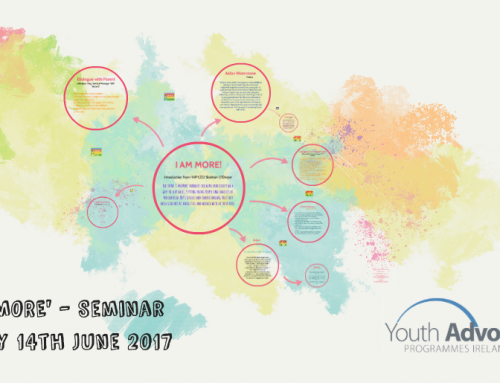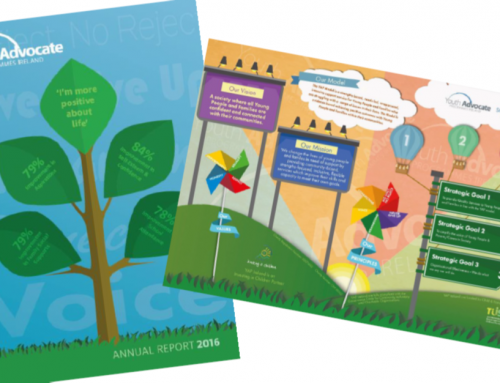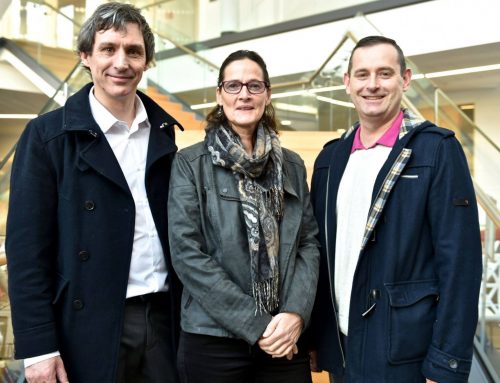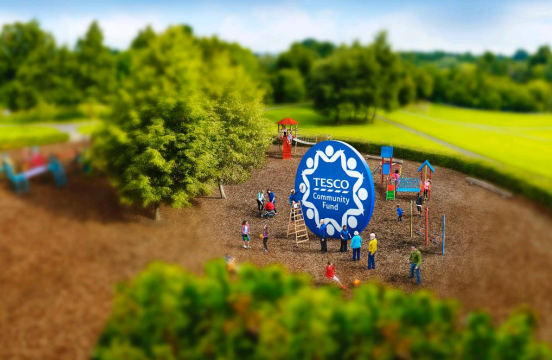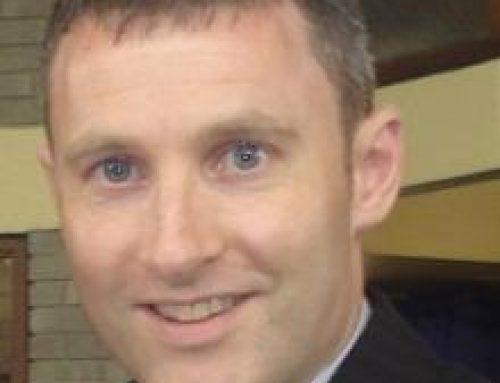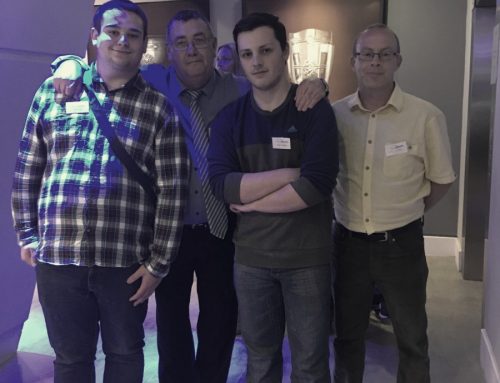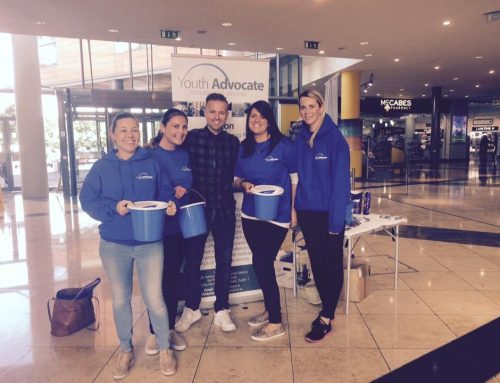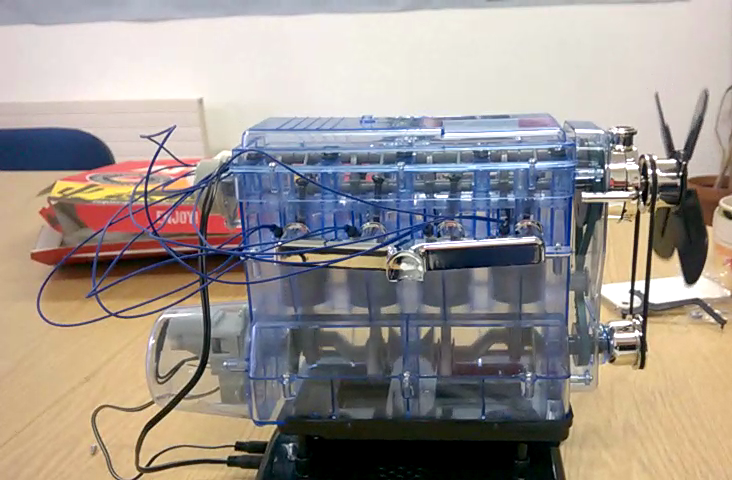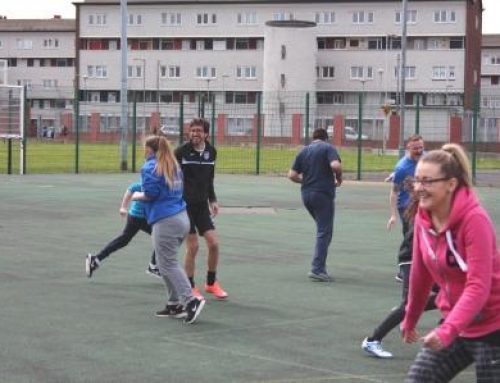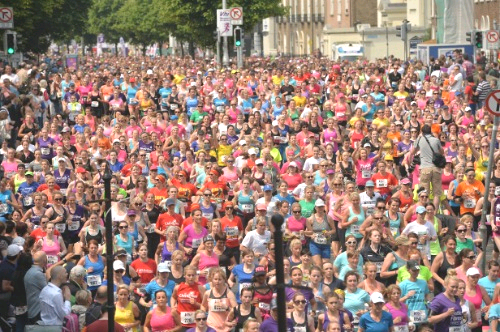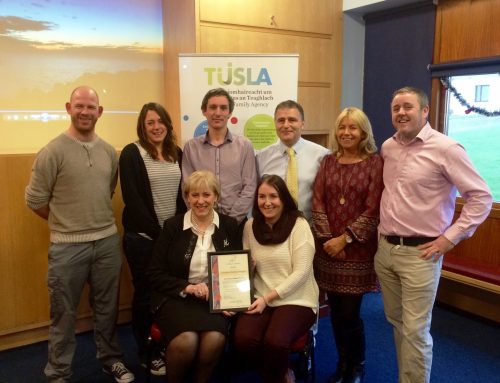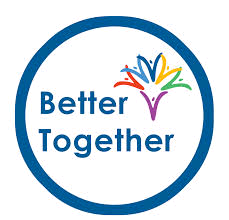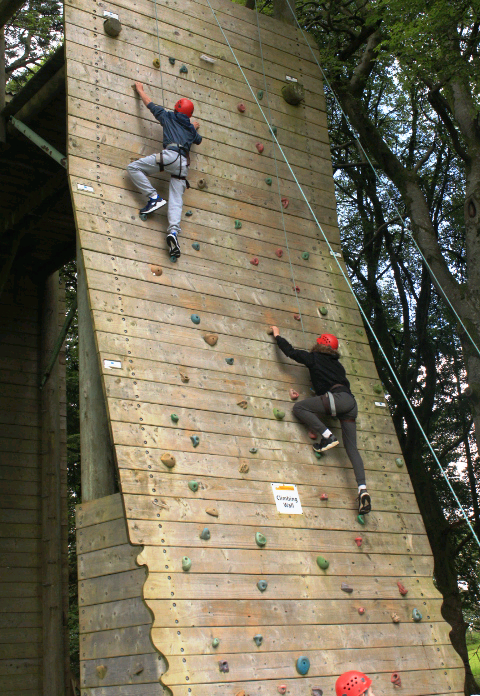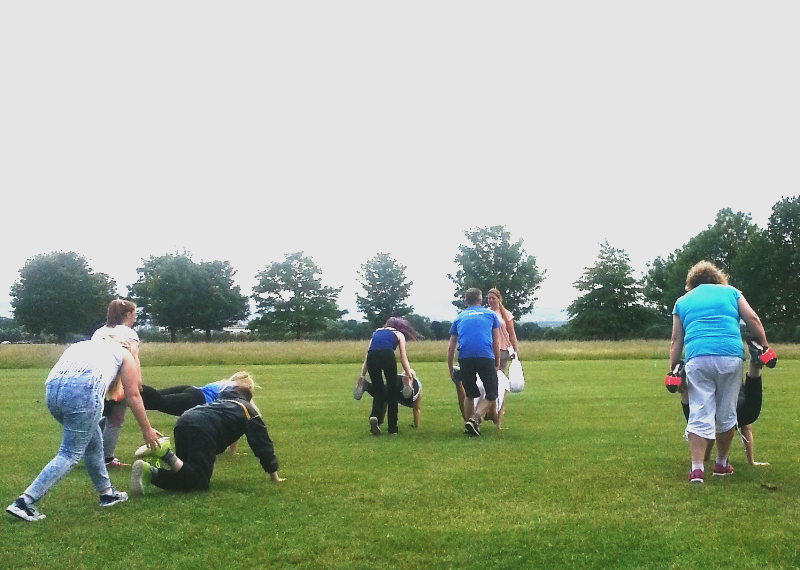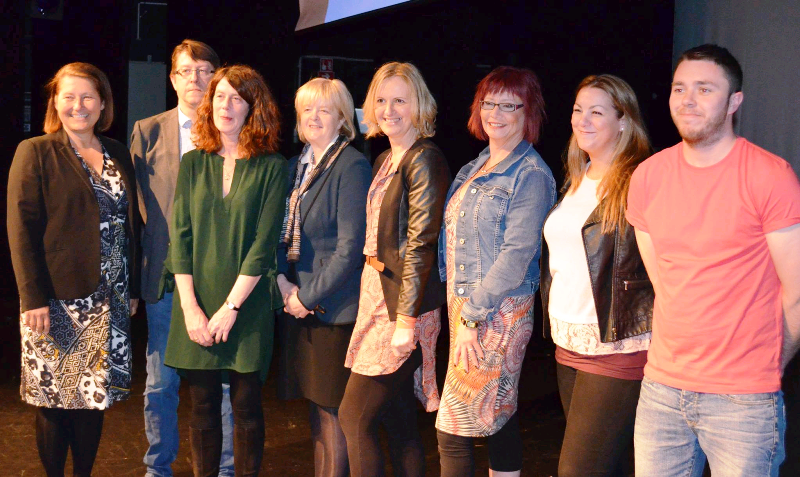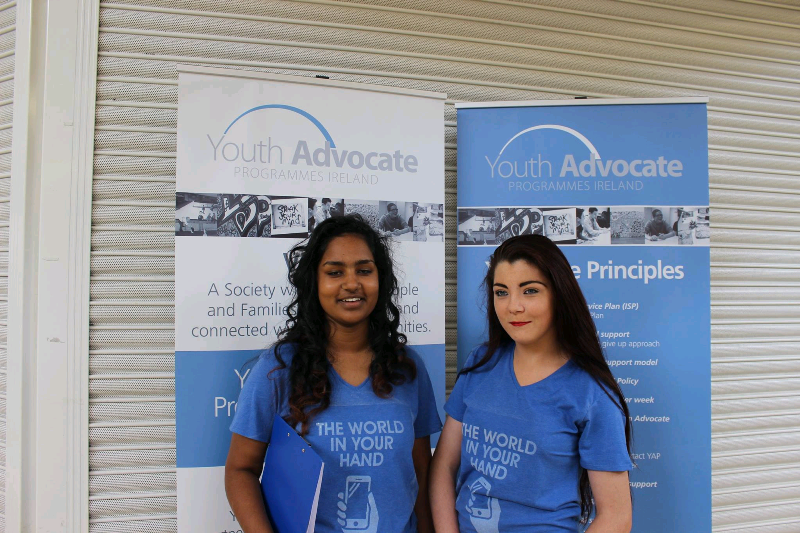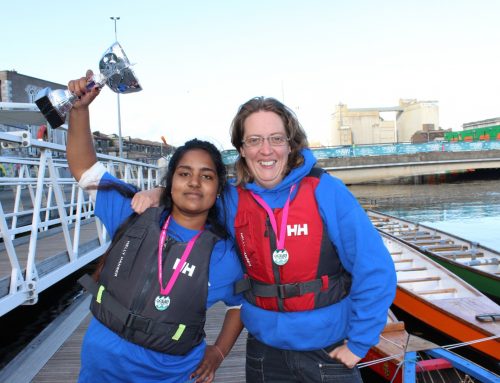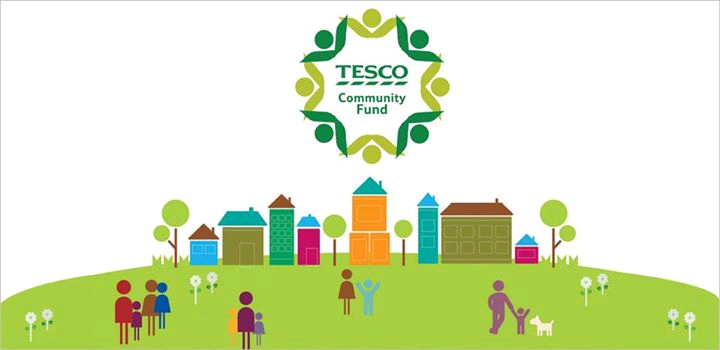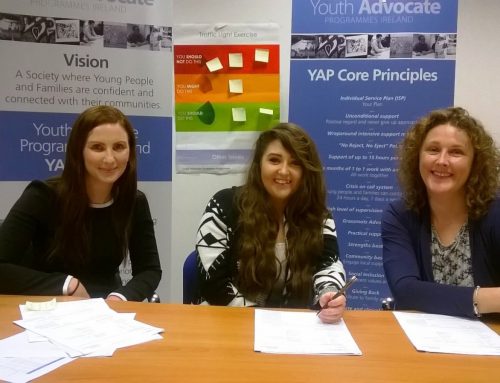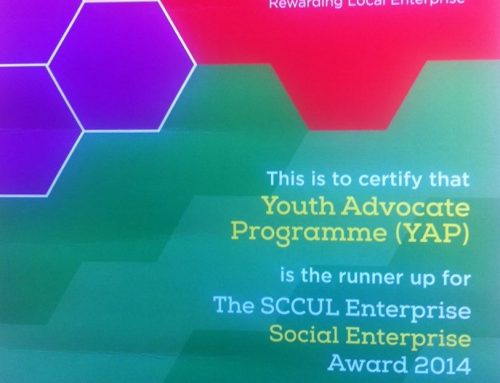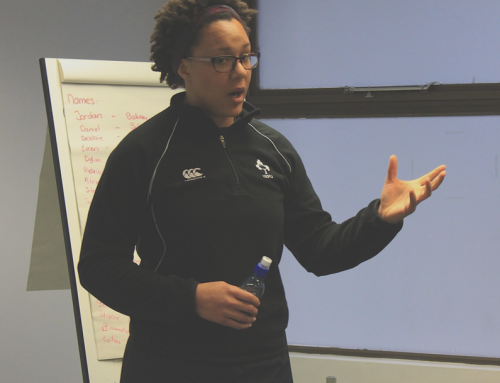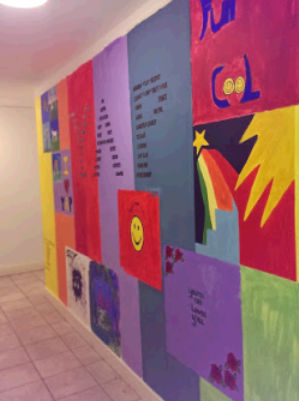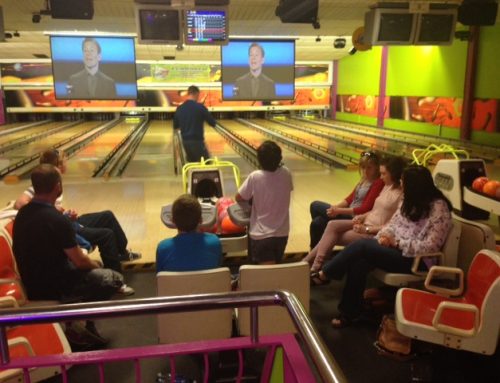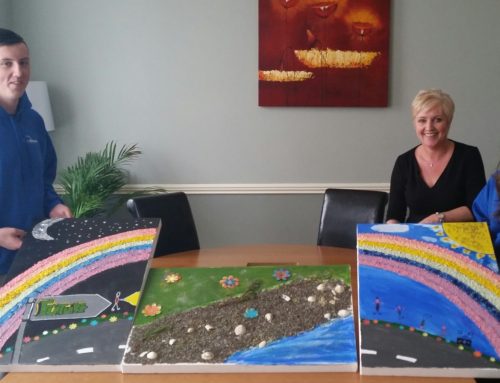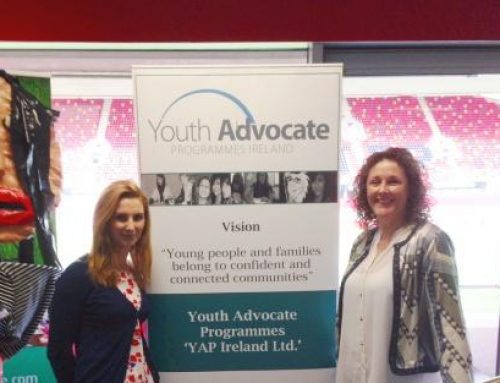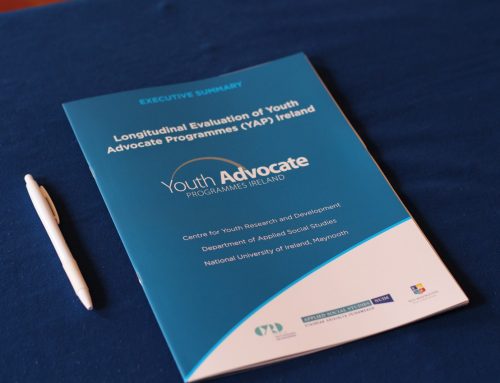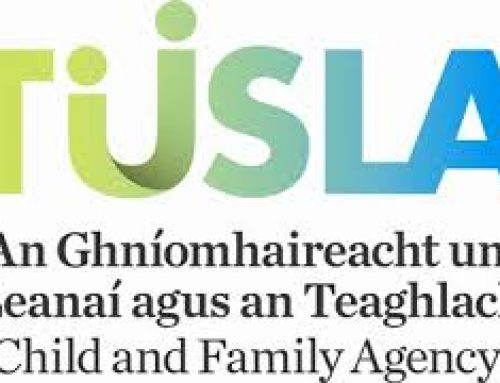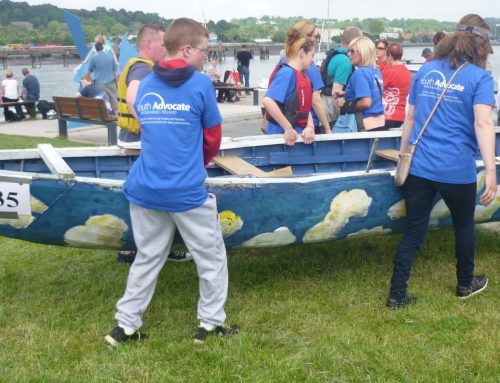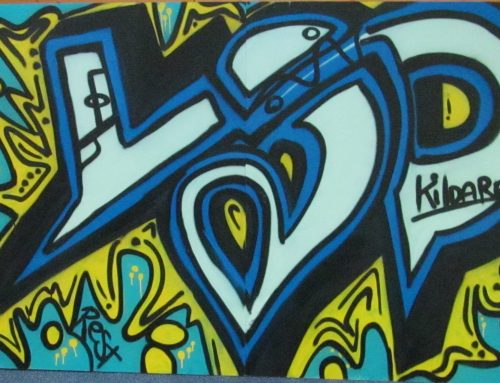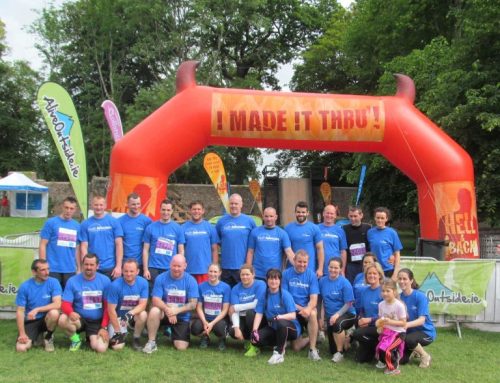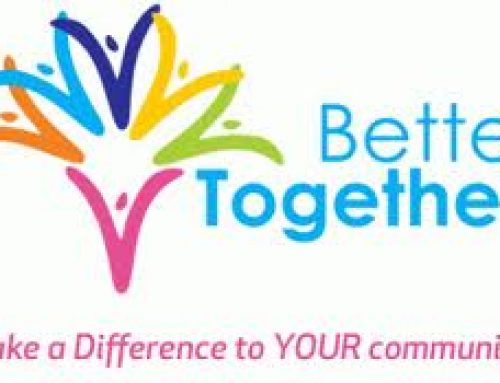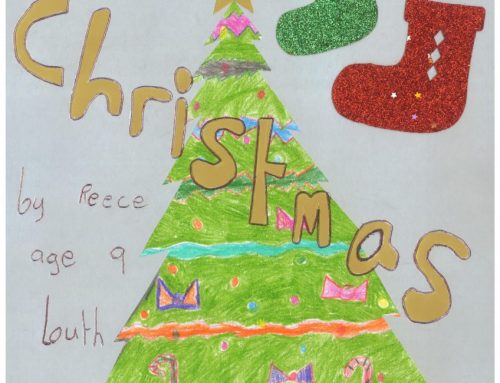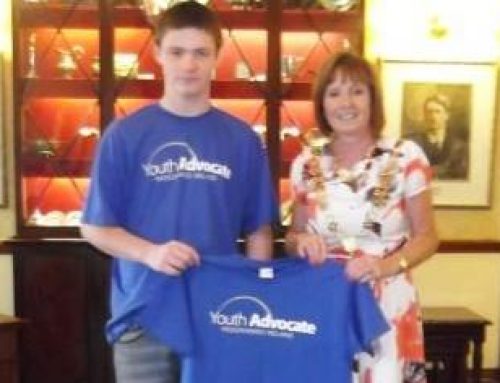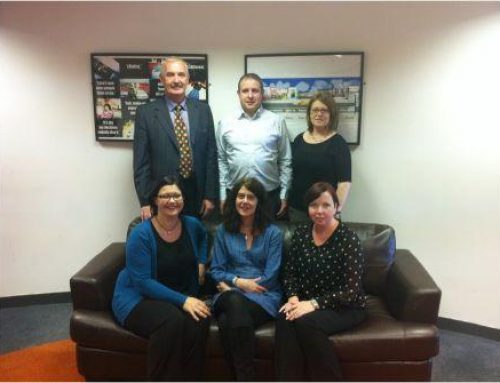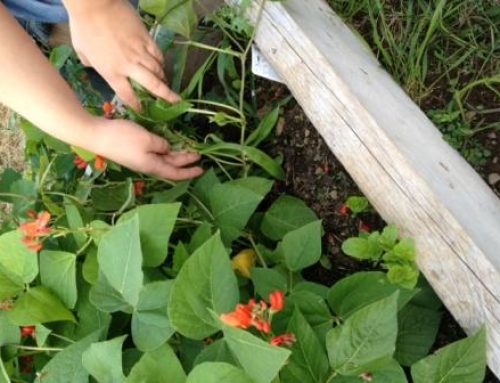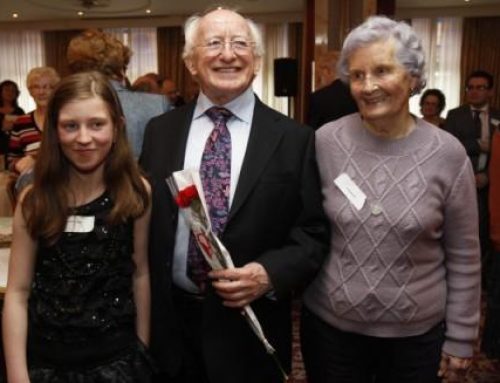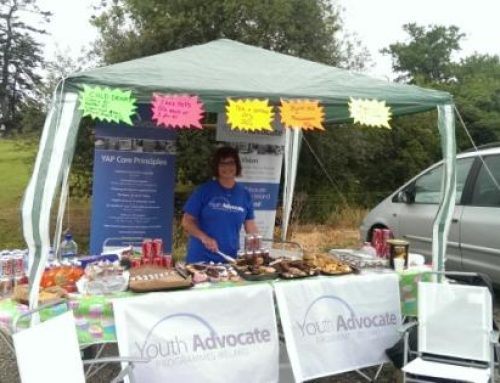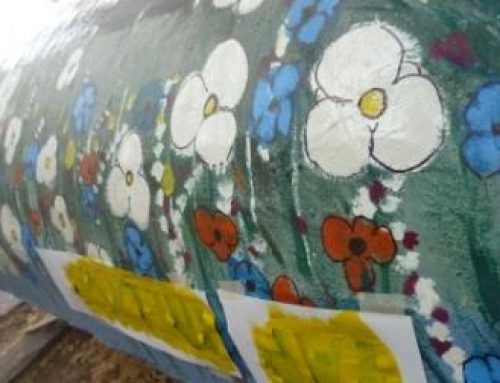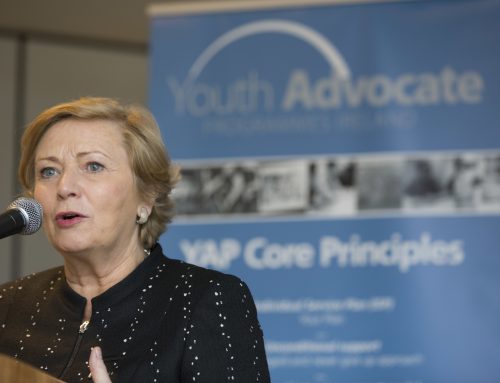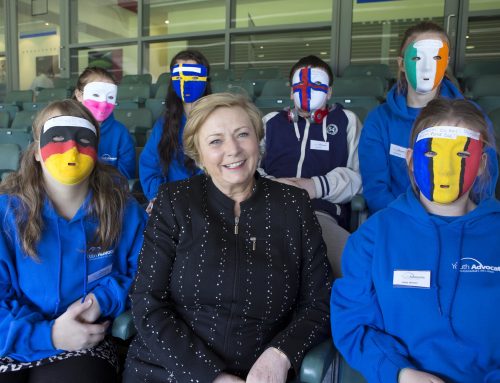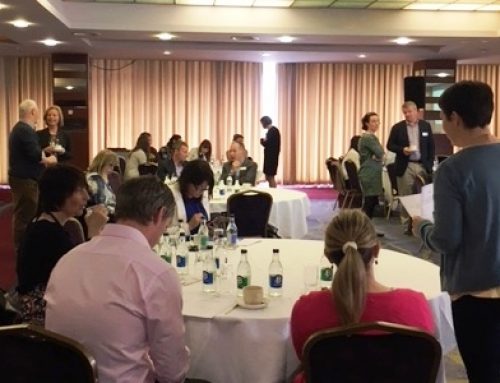YAP Ireland recently launched a piece of research titled ‘The Strengths and Challenges of the Community-Based Advocate Model’. This research was conducted by NUI Galway UNESCO Child and Family Centre.
The research is a qualitative study of the opinions and experiences of young people, families, referrers, Advocates, Board members and staff within the community based Advocate model. The researchers used mixed research methods and completed 1:1 interviews with Key personnel, focus groups with young people, parents, staff and Board members and an online staff survey to collect information to provide an holistic view of our model. A key part of the research was taking an in depth analysis of 10 case studies involving interviewing the young person, parent/ guardian, advocate, team Leader and referrer. YAP Ireland are extremely pleased with the findings and outcomes from this research. The report provides eight key findings that outline the unique characteristics of the community-based advocate model which are:
-
The development of a supportive relationship between the advocate and the young person is an essential part of the YAP process and acts as a basis from which progress can be made in meeting the identified needs of the young person and change can occur.
-
Advocates investing time to develop a trusting relationship with the young person and their parents is noted as a unique aspect and foundation of the programme.
-
The focus on the positive aspects and strengths of the young person and their families is an essential characteristic of the YAP Model.
-
Strong evidence that the advocates and team leaders use a needs-led approach and that the young person is placed at the centre of the planning process and supported to articulate what he or she wants or needs.
-
Facilitating young people to access local community resources is a key component of the YAP model and this study has emphasised its centrality to the success of the intervention.
-
Listening to the voice of the young person and their family and ensuring their centrality on deciding on an appropriate supportive response is achieved in a range of ways.
-
YAP have in place a range of processes to monitor the effectiveness of the programme delivery.
-
The YAP programme is time limited.
These findings are crucial as it reaffirms that our unique practice of the community-based advocate model works well for our young people and families that access our service. We are very proud to have the voices of our young people, parents, advocates and staff recorded and amplified in this piece of research which we hope will be widely acknowledged.
At a time when many children, young people and families face social, emotional and educational difficulties I am delighted that the research shows that the YAP community based advocate model achieves very positive outcomes with them. The strengths based, individualised service plan and employment of community based advocates who want to work with young people and families to achieve change is the key to the success of the programme as evidenced in the research.
A key feature of this approach is that the needs of the young person and family are central to the intervention. Advocates are carefully chosen for their ability to relate to young people and their families and play a key role in facilitating young people to access local community activities and necessary services. This helps to ensure that the young person has access to sustainable supports after they complete their involvement with the programme. Young people and families greatly valued the positive, respectful approach taken by the programme and many feel that it has been effective in addressing their needs.
We would like to express our gratitude to all of the young people, families, referrers, advocates, staff and board members that took the time to take part in this study and share their crucial experiences. We would also like to thank the team in the UNESCO Child and Family Research Centre, NUI Galway, especially Dr. Bernadine Brady and Dr. Carmel Devaney who lead on the research.

